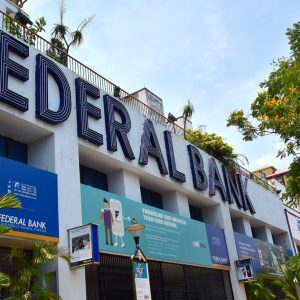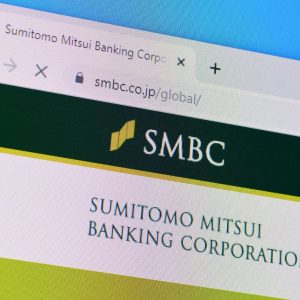While conventional microfinance institutions (MFIs) have made significant inroads in creating a more inclusive financial system for the poor, many Muslims do not accept conventional microfinance products, on account of their dissonance with Islamic law (Shariah). Islamic finance principles prohibit interest-based contracts, and emphasize risk-sharing and asset-backed transactions.
The Islamic finance industry has grown rapidly over the past 40 years, with a current estimated market size of $1.5 trillion. Yet, the Islamic microfinance sector remains in its infancy, and only a limited number of Islamic microfinance programs combine self-sufficiency and substantive outreach. A 2008 CGAP study estimated that 125 financial institutions reach only 380,000 clients with Islamic microfinance. Studies suggest that a much larger number of the world’s poor Muslims could benefit directly from access to Islamic microfinance.
Alexander Schuetz, MD and COO of the Middle East and North Africa region at Deutsche Bank, said: “The competition will identify innovative product and business ideas that fulfill both Islamic and good business criteria, and thus have the potential to become self-sufficient and profitable.”
Julia Assaad, GM of Grameen-Jameel Pan Arab Microfinance, the first social business supporting the microfinance sector in the Arab world, said: “The need for specialized Islamic microfinance products is emerging. While Islamic banking has been a successful model in the banking sector, it has not proven to be scalable in the microfinance sector. It is therefore essential to develop Shariah-compliant products which better suit Islamic microfinance clients’ needs.”
The winner will be awarded in grant funds to launch a pilot program of their proposed business, which the competition organizers will then showcase to garner further support for the program’s growth and development.






